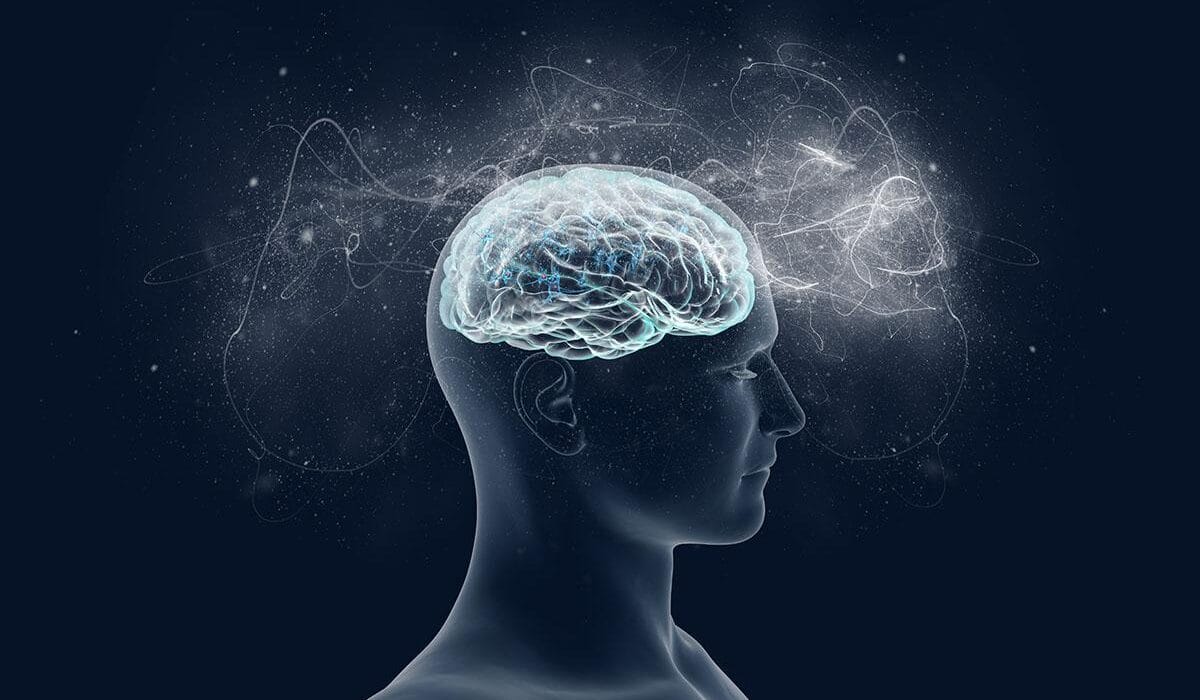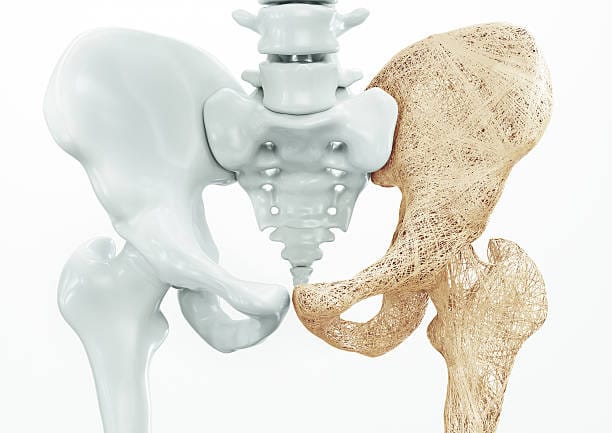For as long as humans have walked the Earth, the desire to live longer—healthier and stronger—has burned in our collective imagination. Ancient myths are filled with stories of immortality: the fountain of youth, the philosopher’s stone, or divine nectar reserved for gods. These tales reflect not just a longing to defy death, but also a yearning for more time—time to love, to learn, to create, to exist. Today, science has replaced myth, but the pursuit remains the same. The science of longevity is not simply about adding years to life; it is about adding life to years.
Modern research into aging has revealed that growing old is not an unavoidable slide into decline but a complex biological process, influenced by genes, lifestyle, and environment. Scientists now believe that many aspects of aging can be slowed, altered, and perhaps even reversed. We stand at the edge of a revolution, where living to 100 may one day be not a rare achievement but a common expectation.
But longevity is more than medicine and molecules. It is a story of how biology, psychology, community, and technology intersect to shape human destiny. To understand it fully is to dive into the very essence of what it means to be alive.
The Biology of Aging: Why We Grow Old
At its most fundamental level, aging is a biological process driven by gradual changes in our cells and tissues. Scientists describe aging not as a single phenomenon but as a collection of hallmarks—cellular senescence, telomere shortening, DNA damage, mitochondrial decline, and loss of proteostasis. Each of these hallmarks contributes to the deterioration of function, increasing vulnerability to disease.
Our cells have built-in mechanisms for repair, but over time, these systems falter. Telomeres—the protective caps at the ends of chromosomes—shorten with each cell division, eventually triggering cellular aging. Free radicals, unstable molecules produced by metabolism, damage DNA and proteins. Stem cells, the reservoirs of regeneration, lose their vitality. The immune system weakens, leaving us more vulnerable to infections and cancers.
Yet biology also offers hope. Research has shown that these processes are not set in stone. Calorie restriction in animals extends lifespan dramatically, suggesting that metabolism and diet influence longevity. Certain genetic variations, such as those affecting insulin signaling, are linked to longer lives in humans. The discovery of longevity-associated genes, like those regulating sirtuins and FOXO proteins, opens doors to targeted therapies. Aging, once thought inevitable, is increasingly seen as a malleable process—something we can influence.
Lessons from the Blue Zones: Where Longevity Thrives
Around the world, there are rare pockets where people live significantly longer than average. These regions, called Blue Zones, include Okinawa in Japan, Sardinia in Italy, Ikaria in Greece, Nicoya in Costa Rica, and Loma Linda in California. In these communities, centenarians are not exceptional—they are relatively common.
What secrets do they hold? Studies reveal a pattern. Diets in these regions are predominantly plant-based, rich in vegetables, legumes, and whole grains, with modest amounts of fish and little processed food. Daily life incorporates natural physical activity: walking to markets, tending gardens, and climbing hills. Strong social bonds and intergenerational support are a hallmark, protecting against loneliness and stress. A sense of purpose, often rooted in cultural or spiritual traditions, gives daily life meaning.
These lessons are as psychological and cultural as they are biological. Longevity thrives not just in the body, but in the mind and community. In a fragmented, modern world, Blue Zones remind us that a longer life is not only about medicine but about how we live, connect, and belong.
Nutrition and Longevity: Food as a Fountain of Youth
If aging begins in the cell, then food is one of its most powerful influences. Nutrition is not simply fuel; it is information, shaping gene expression, metabolic pathways, and immune responses. The relationship between diet and longevity is profound.
Research consistently shows that diets high in whole, unprocessed foods—fruits, vegetables, legumes, nuts, seeds, and whole grains—are linked to lower rates of chronic disease. Antioxidants from colorful plants help neutralize free radicals, protecting cells from damage. Fiber supports gut health, and the gut microbiome, in turn, plays a critical role in immunity and inflammation.
One of the most compelling findings in longevity science is the role of calorie restriction and intermittent fasting. In animals from yeast to monkeys, reduced calorie intake without malnutrition extends lifespan. This effect is thought to work through pathways involving insulin sensitivity, autophagy (the body’s cellular recycling process), and reduced inflammation. While extreme calorie restriction is not practical or necessarily safe for humans, intermittent fasting and time-restricted eating show promise in improving metabolic health and potentially slowing aging.
The Mediterranean diet, rich in olive oil, fish, vegetables, and wine in moderation, has become a model for healthy aging. Populations that follow it show reduced risks of heart disease, diabetes, and cognitive decline. Nutrition, it seems, is not just about surviving—it is about thriving across decades.
Movement and the Mechanics of Longevity
Human bodies are built to move. Sedentary lifestyles, now common in modern societies, accelerate aging by weakening muscles, stiffening arteries, and impairing metabolic health. In contrast, regular physical activity is one of the most reliable predictors of longer life.
Exercise does more than burn calories. It enhances mitochondrial function, increases insulin sensitivity, reduces inflammation, and stimulates the release of endorphins that improve mood. Strength training preserves muscle mass, crucial for mobility and independence in later years. Aerobic exercise supports cardiovascular health and brain function, reducing the risk of dementia.
In Blue Zones, longevity does not come from gym memberships but from lives woven with natural movement—walking, gardening, climbing, lifting. For modern people, intentional exercise becomes essential. Whether it is yoga, swimming, cycling, or dancing, movement is medicine, a daily prescription for a longer life.
Stress, Mind, and the Longevity Connection
While biology explains much of aging, the mind wields powerful influence over the body. Chronic stress accelerates cellular aging, increasing inflammation, shortening telomeres, and impairing immunity. Conversely, practices that reduce stress—meditation, mindfulness, prayer, and deep breathing—are linked to better health and longer lifespans.
Purpose also matters. Studies show that individuals with a strong sense of meaning live longer, healthier lives. Purpose fuels resilience, motivates healthy choices, and buffers the impact of stress. Optimism, too, has measurable effects; people with positive outlooks tend to live longer, even after accounting for physical health.
Social connections are another psychological pillar of longevity. Loneliness is as damaging to health as smoking or obesity, increasing risks of heart disease and dementia. Communities that foster belonging, friendships, and intergenerational ties create emotional safety nets that sustain health well into old age.
Medicine and Technology: Redefining Human Lifespan
While lifestyle plays a central role, modern medicine and biotechnology are transforming the boundaries of longevity. Vaccines, antibiotics, and surgical innovations have already doubled human life expectancy in the past century. Now, advanced fields like genetics, regenerative medicine, and artificial intelligence promise even more radical changes.
Stem cell therapies aim to rejuvenate aging tissues, while gene editing tools like CRISPR hold the potential to correct mutations linked to aging. Drugs that target aging pathways, such as senolytics (which clear senescent cells) and rapamycin (which mimics the effects of calorie restriction), are under investigation as potential anti-aging treatments.
Wearable technology and personalized medicine are also reshaping longevity. Devices that monitor heart rate, sleep, and glucose provide real-time insights, helping individuals make healthier choices. AI-driven health platforms can predict disease risk and suggest interventions tailored to genetics and lifestyle. The fusion of biology and technology is not just about extending lifespan—it is about extending healthspan, the years lived without chronic disease or disability.
The Ethical Dilemmas of Longevity Science
With the promise of longer lives comes profound ethical questions. If humans live significantly longer, what will this mean for population growth, resources, and inequality? Will longevity breakthroughs be accessible to all, or only to the wealthy? Could extended lifespans widen the gap between privileged and marginalized groups?
There are also philosophical questions: What does it mean to live a “good life”? Is it better to live longer, or to live more deeply? Would dramatically extended lifespans change our sense of purpose, urgency, and meaning?
Longevity science challenges us to think not just about biology, but about the future of humanity. It forces us to consider balance—between quantity and quality, between individual aspirations and collective responsibility.
The Future of Longevity: Toward Radical Life Extension
The future of longevity research is both thrilling and uncertain. Some scientists predict that children born today may live well beyond 120, thanks to advances in medicine and biotechnology. Others argue that natural biological limits will always constrain human lifespan.
Emerging areas like epigenetic reprogramming, nanotechnology, and brain-computer interfaces hint at possibilities once confined to science fiction. Could we one day slow aging to a crawl, or even reverse it? Could we preserve consciousness in digital or hybrid forms, extending identity beyond the biological body?
While such prospects remain speculative, the trajectory is clear: human beings are gaining unprecedented control over their biology. What we do with that power will shape the destiny of our species.
Living Longer, Living Better
In the end, the science of longevity is not about defying death but about embracing life. It is about using knowledge to expand vitality, to ensure that the later chapters of life are filled with health, connection, and joy. Longevity is not measured only in years but in experiences, relationships, and moments that matter.
The true secret to a longer life may be less about miracle cures and more about simple, timeless principles: eat nourishing food, move your body, nurture your mind, cultivate purpose, and love deeply. Science now confirms what wisdom traditions have long known—that the art of living well is inseparable from the science of living long.
As we peer into the future, the dream of longevity is no longer a fantasy. It is a horizon we are steadily approaching, one discovery at a time. And while we may not achieve immortality, we can shape a world where more people live not just longer, but better, fuller, and more meaningful lives.






